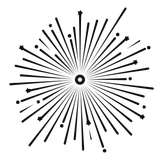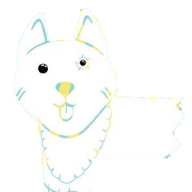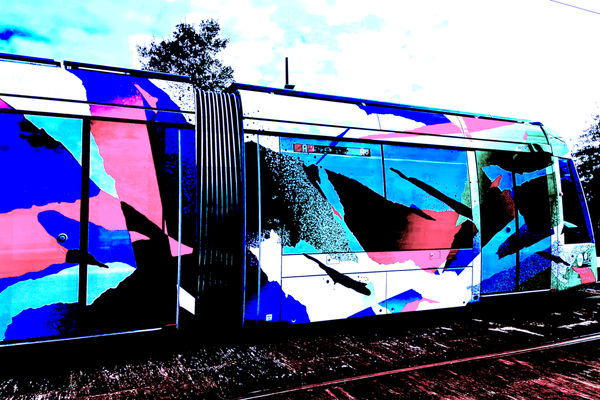Halfway Through the Year
Today marks the end of the first half of the year. This may elicit positive or negative reactions in you, depending on your situation.
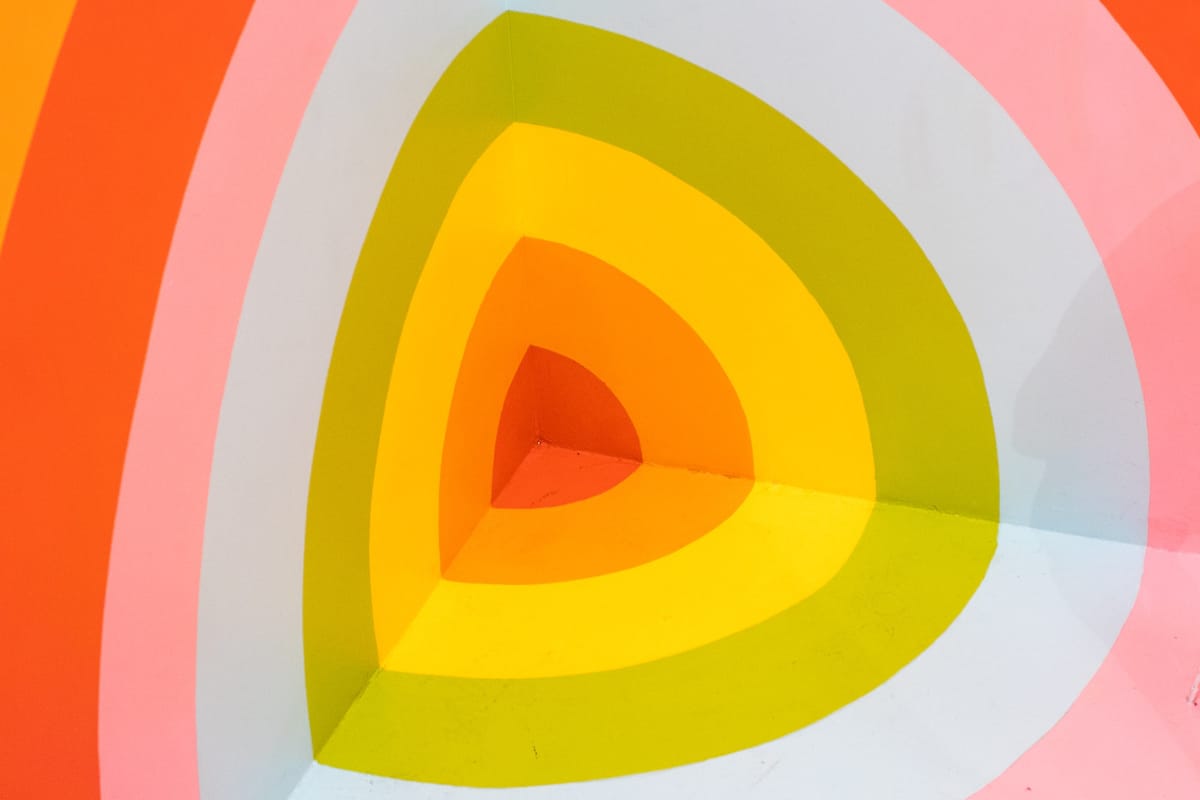
Today marks the end of the first half of the year. This may elicit positive or negative reactions in you, depending on your situation. My relationship with time often focuses on everything I have not done, which is quite a defeatist perspective, to be honest. And yet, when I focus instead on the things I’ve accomplished, the outlook doesn’t look so gloomy. In fact, it’s quite encouraging and even rosy if I shift my perspective to the right angle.

In the Art of Possibility, Rosamund Stone Zander and Benjamin Zander argue that:
“many of the circumstances that seem to block us in our daily lives may only appear to do so based on a framework of assumptions we carry with us. Draw a different frame around the same set of circumstances and new pathways come into view.”
We see examples of this daily. A vacationer might perceive rain as the thing that ruined his holiday. The farmer might perceive it as the thing that saved her crops.
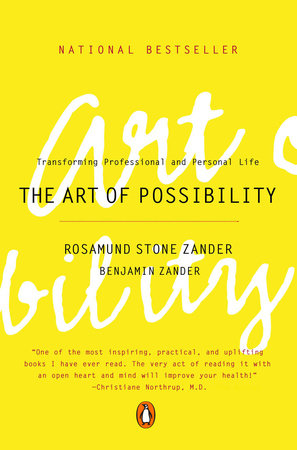
The authors do not say we should deny or ignore the occurrence of terrible events and circumstances. These are actual situations with concrete impact. They also differentiate between scarcity and scarcity-thinking. While one is anchored in fact, the other is based on hypotheses. (E.g. we no longer have enough water to live vs we won’t have enough water to live, so I should hoard as much as I can now.)
However, they remind us that our brains perceive the sensations it’s programmed to receive. A map is not the world itself. It is only an illustration that represents our perception of the world.
Assumptions are a form of accepted truth without proof. The Zanders ask us to question the presumptions we make about our situation. They encourage us to explore new possibilities we can create for ourselves.
“Indeed, all of life comes to us in narrative forms; it’s a story we tell.”
-Rosamund Stone Zander and Benjamin Zander, The Art of Possibility
I’ve been working on my novel almost daily this month, so lately I’ve been thinking more profoundly about how we create stories. It’s made me reflect on the narrative forms we use, omit, and ignore daily. (I never understood, for example, why the Titan Wreckage got such extensive news coverage. This AP News article offers explanations but doesn't scrutinize the media's influence enough.)
If life comes to us in narrative forms, as the Zanders suggest, stories allow us to explore alternative possibilities for the world we live in. This has always been what draws me most into stories.
Other Things Worth Sharing
- What if things could turn out differently? How the multiverse got into our heads and didn’t let go. Once considered exclusively for niche audiences, alternate realities, histories, and universes have become mainstream.
- Craft in the Real World by Matthew Salesses: This is a book about creative writing. It questions a lot of cultural expectations and assumptions we make in the West that influence the way stories are formed. Storytelling may be a human universal, but Salesses argues that the stories themselves are not. I highly recommend this book.

- Today is not over yet: I used to tell myself that if I didn’t get my writing done in the morning, then it was a lost cause. It was impossible for me to reach my writing goals for the day, so I would give up. This, of course, was ridiculous. One day, after dinner, I found myself with some spare time and began writing. I surprised myself by hitting my writing target. When I changed the story I told myself, the possibilities changed. Now I reread this post every time I need the reminder.
I’m taking a break from the newsletter in July to focus on my novel manuscript. But in the meantime, I hope you enjoy the beginning of a new month and the second half of the year! May the universe of possibilities open up to you during this time.
Happy writing, happy creating,
G.G. Law
Thanks for reading Things I’ve Learned! If you enjoy this newsletter, please subscribe (it’s free!) and share it with someone else who might appreciate it.

